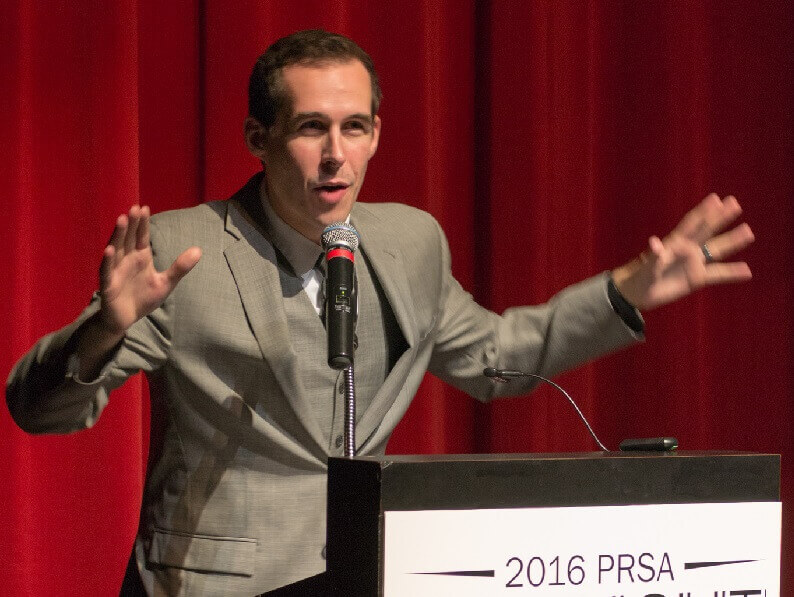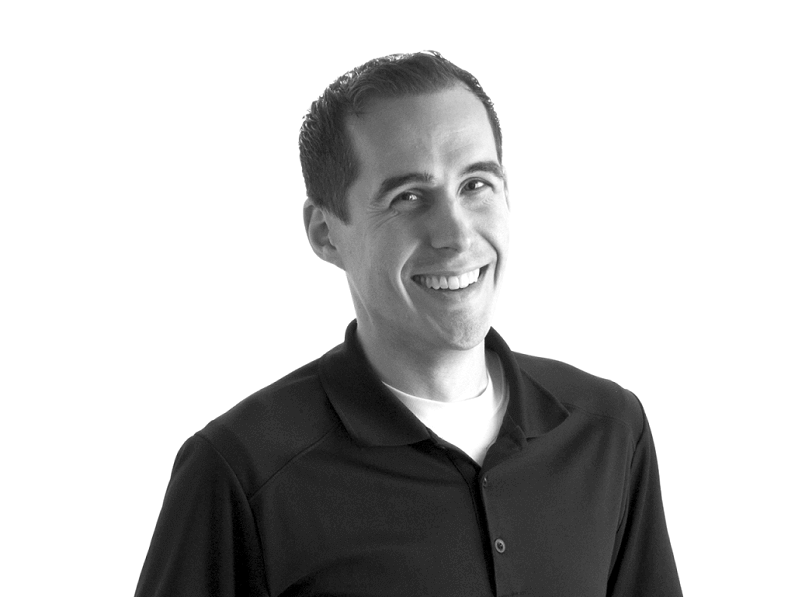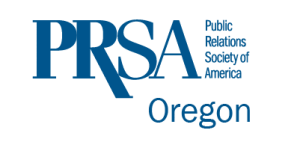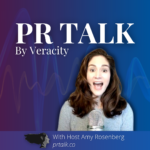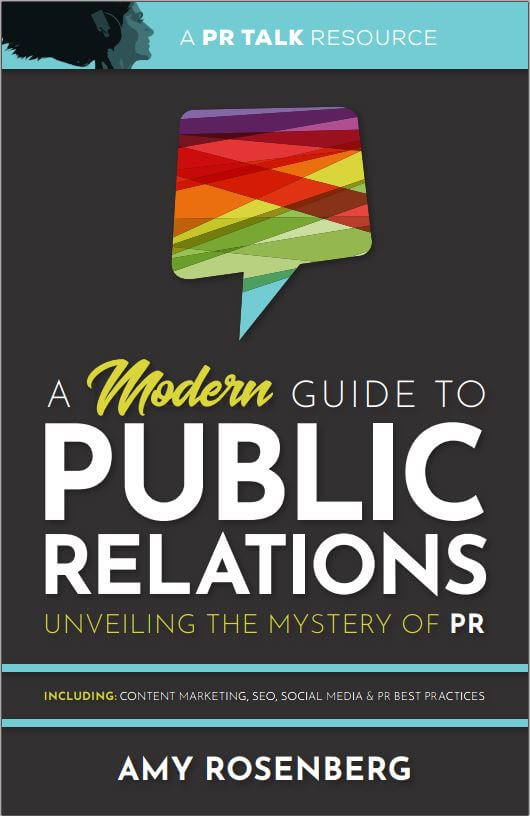Have you ever wondered about the differences between working in PR and in a newsroom? Colby tells us all about it while offering PR tips from an ex-media role. He also walks us through in’s and out’s of PRSA Oregon. And finally, please don’t fast-forward our shameless plug about about an upcoming presentation on the power of podcasting that Amy and I will offer PRSA on the morning of Thursday, September 28.
Working Across the Aisle
After graduating from the University of Oregon, Colby landed a promotions position for a radio station in Portland, hawking t-shirts and boosting event exposure. For the next few years, Colby wore various hats in radio, seamlessly weaving his marketing discipline through an affinity for on-air work. Colby would eventually rise to Managing Editor at KXL before making the jump back to PR, and he has continued to work on the agency side since 2011.
Transcending the Bounds of the PR to Journalist Relationship
Noting the pure volume of work that must be done in both fields — balancing multiple accounts or stories, managing social media channels, and tons of writing — Colby wonders if they might be more similar than we realize. Crises also happen in both fields, so the ability to drop what you’re doing at a moment’s notice and act fast is a must-have.
One big difference between working in PR and journalism, according to Colby, is the focus and scale of the content. In radio, Colby would spend eight hours on one story, hit the big, red publish button, and let the content amble into the ether, quickly off to chase the next lead. In PR, you can spend months building a cohesive strategy for one announcement. At the end of the day, Colby clearly values the work he’s done in both fields, and as a result he is privy to the give-and-take manifested in each.
PR Tips from Someone Who Got “100 Pitches a Day”:
- Make your pitches pop. Immediately. When Colby was broadcasting, he realized that PR people have about 10-15 seconds to grab the reader’s attention through an email pitch. That’s basically the subject line and the first two sentences.
- Make your availability clear. One of the most frustrating aspects of dealing with PR people for Colby was getting a pitch, being interested in the content, reaching out to the pitcher for more information, only to realize nobody was on the other end to help. This is a huge waste of time for someone who’s constantly battling the clock.
“Joining in,” at PRSA
Colby was initially hesitant to fully commit to his local PRSA membership, but after hearing about the Accreditation in Public Relations — a degree, of sorts, given to industry professionals who demonstrate a deeper understanding of public relations theory — he was hooked. The PRSA Oregon chapter offers a free 8-week APR coaching course, including a panel presentation and a written exam. Learn more about our local chapter’s APR process here, or shoot them an email — apr@prsaoregon.org. I’ll save you a seat at the next course!
Colby praises PRSA for giving members a space to make strong connections, learn new skills through more than 50 FREE webinars or presentations, and assume mentor or mentee relationships with other professionals in the industry. PRSA Oregon even has a Mentorship Chair, who pairs members with one another to share ideas and lessons about successes and pitfalls. Here’s a list of benefits you can expect with a PRSA membership.
PRSA also posts monthly events that it hosts or partners with, and members benefit from reduced registration costs. From “Meet the Media” events, to its annual Spotlight Awards, PRSA lives up to its mission of educating and connecting its members while also recognizing the brilliant work they produce.
“Don’t just join, join in.” — Barbara Kerr, APR, long-time PRSA board member and past president.
The ins and outs of Podcasting
Mark your calendars! In partnership with PRSA, Amy and I will be speaking to PR professionals about the podcasting medium. We’ll let you in on all of the things we wish we had known or done from the beginning, covering everything from the technical side of kick-starting and producing a podcast, to interviewing techniques, and using the tool for your clients.
To learn how to start a podcast, come by the White Stag Block on September 28 from 7:30 a.m. – 9 a.m. for an engaged discussion. Sign up for the event.
About the guest: Colby Reade
Colby is a proven communicator with experience in broadcast media and public relations. A proud father, Colby serves as chapter President for PRSA Oregon.
Connect and follow Colby on social media:
PR Talk is sponsored by dapulse
In such a fast-paced, multi-faceted work environment, it can be tough to stay on top of everything. dapulse is the collaboration tool trusted by businesses of all kinds to help cut down the clutter and streamline productivity. Learn more at dapulse.com and signup for a free trial. You’ll see in no time why so many teams around the world are choosing dapulse for their project management needs.
PR Talk listeners can use the coupon code BetterExecute for a 15% discount.
This episode of PR Talk is brought to you by PRSA Oregon
Throughout Oregon and Southwest Washington, PRSA provides members with networking, mentorship, skill building and professional development opportunities – whether you are a new professional fresh out of college or a skilled expert with 20 years in the industry. Check out PRSAoregon.org for more information on how membership can help you grow and connect.

